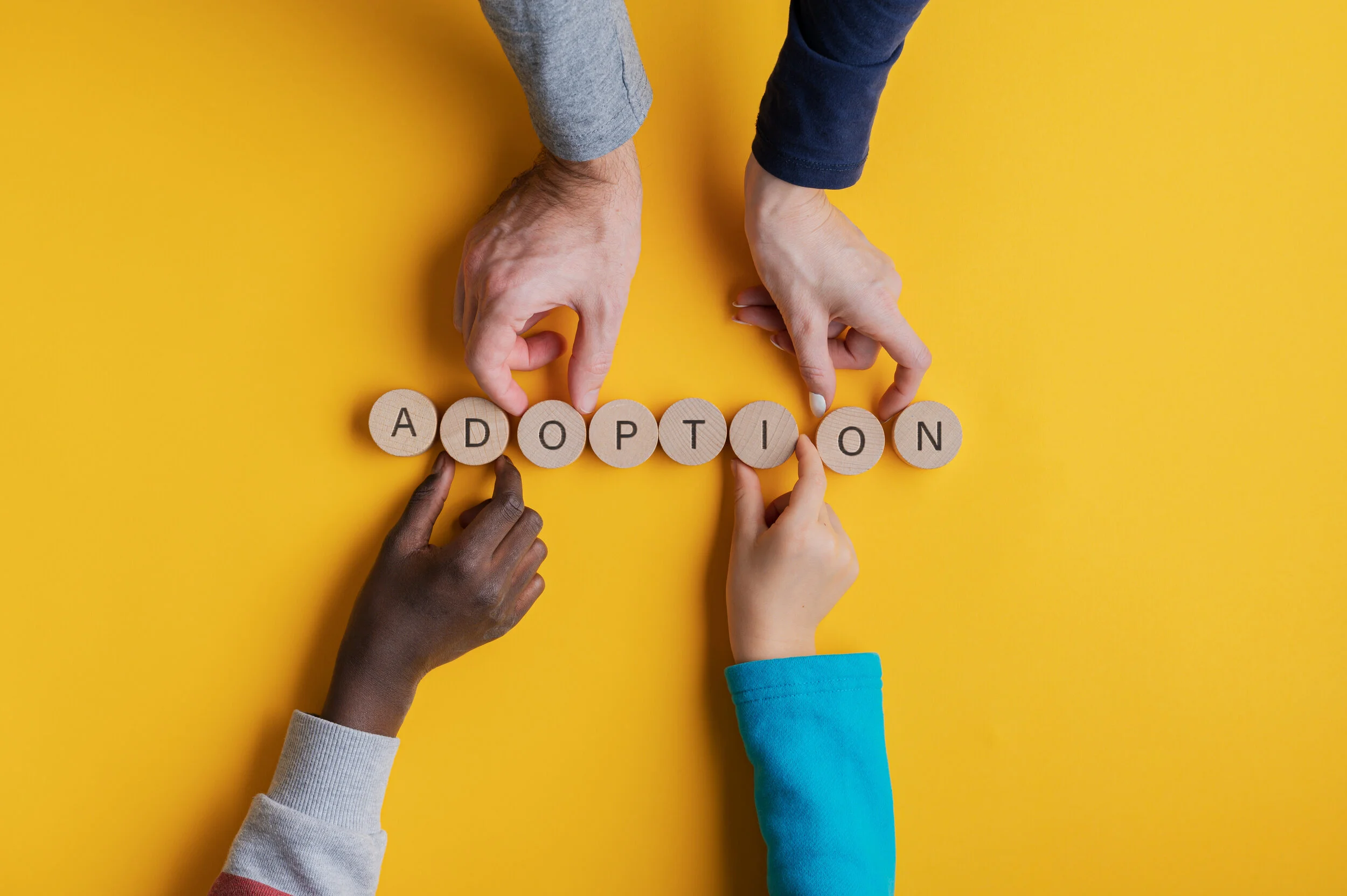Generally, an unmarried child, who is under the age of 18 and whose working, insured parent dies, may be eligible to receive Social Security survivors’ benefits. How exactly does this work with an adopted child?
Some questions frequently asked include, “Do the benefits end once a child is adopted?” or, similarly, “Once adopted, is a child eligible to receive the benefits after the death of an adoptive parent?”
Death of Birth Parent
When a child is eligible to receive Social Security survivor benefits due to the death of an insured birth parent, the child’s entitlement to the benefits do not terminate after a subsequent adoption. In other words, so long as the child was already entitled to the benefits before the adoption, the child will continue to receive the benefits after being adopted.
Note, however, that if the child is adopted before the birth parent’s death, then the child is unlikely to be eligible to receive Social Security survivor benefits.
Death of Adoptive Parent
When a child is adopted before the insured adoptive parent dies, generally, the adopted child is entitled to survivor benefits so long as the child is unmarried and under the age of 18. Since the relationship between the adoptive parent and the adopted child is viewed no differently than the relationship between a parent and natural child under the law, the adopted child is entitled to survivor benefits just as a natural child is entitled.
If the child is adopted after the insured adoptive parent’s death, the child may still be eligible to receive survivor benefits. If the insured dies and then the child is adopted by the insured’s surviving spouse, the adopted child is entitled to the survivor benefits if (i) the child was either living with or receiving half of her support from the insured at the time of death and (ii) the insured had started the adoption proceedings before death or, alternatively, the surviving spouse began and completed the adoption within two years of the insured’s death.
The eligibility criteria differs when the child is a grandchild or step-grandchild of the insured. If the surviving spouse legally adopts such a child after the insured’s death, the child is entitled to the survivor benefits if (i) the adoption took place in the United States; (ii) at the time of the insured’s death, the child’s natural, adopting, or stepparent was not living in the insured’s household and making regular contributions toward the child’s support; and (iii) the child meets certain dependency requirements.
Questions?
While this article provides a brief overview of an adopted child’s Social Security survivor benefits, it is important to know how the interaction of Social Security and your adoption may affect your family. To ensure your questions and concerns are fully answered, please contact Christina E. Campbell of The Campbell Law Practice, LLC to discuss your adoption needs.




















